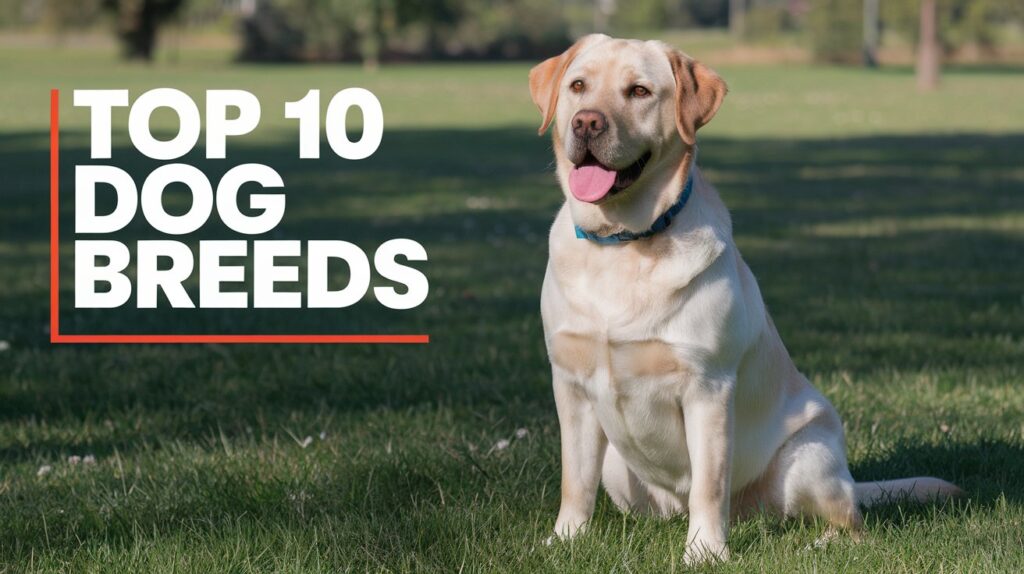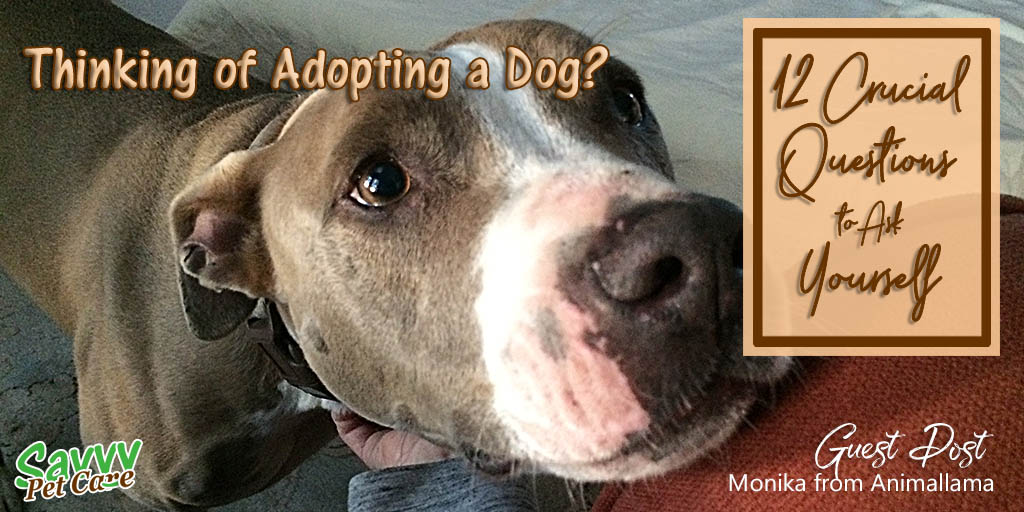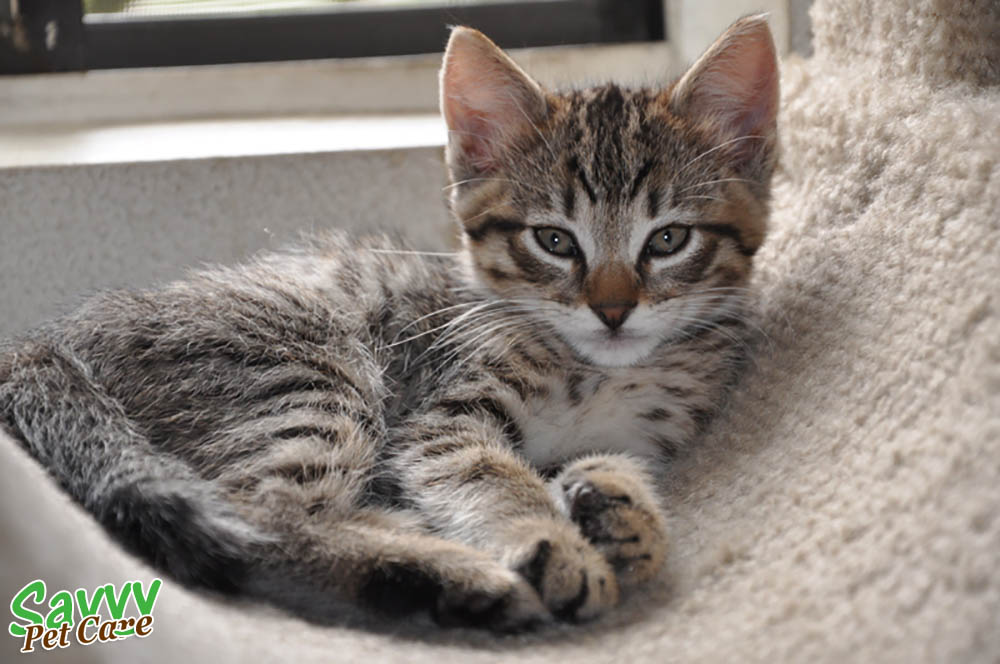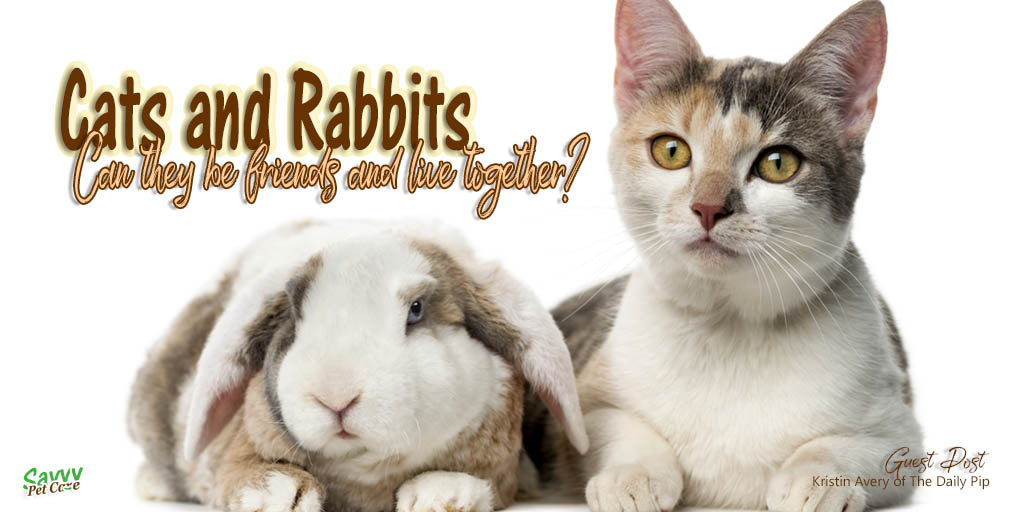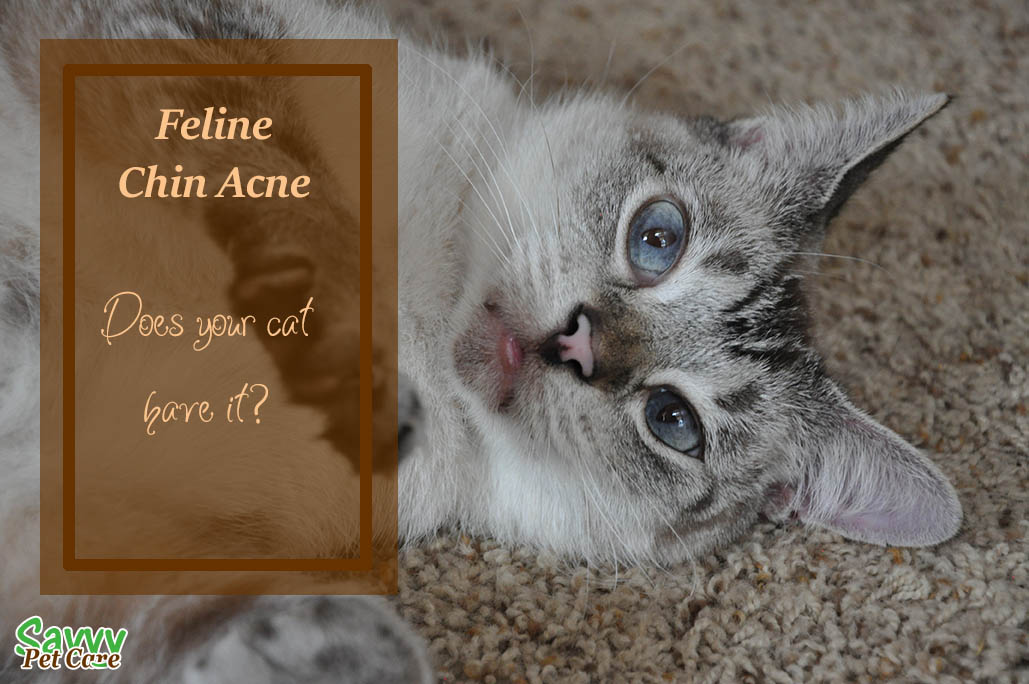A Guide to Choosing Your Perfect Companion
Dogs come in all shapes, sizes, and personalities. Each breed has its own quirks, strengths, and history. Whether you’re looking for a loyal running buddy or a cuddly lap dog, this guide will help you understand the top 10 breeds and decide if one is right for you.
These rankings are based on popularity trends from sources like the American Kennel Club (AKC), pet insurance providers, dog care websites, and social media communities, reflecting the breeds most commonly owned, adopted, and celebrated.
Top 10 Dog Breeds Most Commonly Owned
1. Labrador Retriever
Background and History
Labradors originated in Newfoundland, Canada, where they helped fishermen retrieve fish and pull nets. Their water-resistant coats and strong swimming skills made them invaluable. Over time, they became popular for hunting and companionship.
Pros
- Friendly and outgoing
- Great with kids and other pets
- Highly trainable and intelligent
Cons
- High energy; needs plenty of exercise
- Prone to weight gain if overfed
- Can be overly enthusiastic
Best For
Active families, outdoor enthusiasts, and anyone looking for a loving and loyal companion.
Featured Product
- Durable Fetch Toy: Labradors love to play fetch, especially in water.
2. Golden Retriever
Background and History
Golden Retrievers were bred in Scotland in the mid-1800s for retrieving game during hunts. Their gentle mouths made them ideal for carrying birds without damage.
Pros
- Intelligent and easy to train
- Excellent therapy dogs
- Patient and loving with children
Cons
- Heavy shedders
- Requires regular grooming
- Needs plenty of exercise
Best For
Families, therapy work, and anyone who loves spending time outdoors.
Featured Product
- Deshedding Brush: A must-have for managing their fluffy coats.
3. German Shepherd
Background and History
Developed in Germany in the late 1800s, this breed was originally used for herding sheep. Over time, their intelligence and versatility led to roles in police work, search and rescue, and the military.
Pros
- Highly trainable and intelligent
- Protective and loyal
- Versatile working dog
Cons
- Can be aloof with strangers
- Needs socialization and training early
- Requires regular exercise
Best For
Active individuals, experienced dog owners, and those seeking a protective companion.
Featured Product
- Interactive Puzzle Toy: Keeps their sharp minds engaged.
4. French Bulldog
Background and History
French Bulldogs trace back to England, where they were bred as companion dogs for lace workers. When workers moved to France, the breed gained popularity in Paris as a fashionable companion.
Pros
- Compact and great for apartment living
- Low exercise needs
- Affectionate and playful
Cons
- Can be prone to breathing issues
- Sensitive to heat
- Expensive to purchase and care for
Best For
City dwellers, first-time dog owners, and those who want a low-energy pet.
Featured Product
- Cooling Mat: Helps Frenchies stay comfortable in warm weather.
5. Bulldog
Background and History
Originally bred in England for bull-baiting, Bulldogs have come a long way. When blood sports were outlawed, they became lovable family companions.
Pros
- Gentle and calm
- Minimal exercise needs
- Great with kids
Cons
- Prone to health issues, especially breathing
- Stubborn at times
- Needs regular cleaning of facial folds
Best For
Laid-back families or individuals who enjoy a slower pace of life.
Featured Product
- Wrinkle Cleaning Wipes: Essential for keeping their skin healthy.
6. Poodle (Standard, Miniature, and Toy)
Background and History
Despite their elegant reputation, Poodles were originally water retrievers in Germany. Their distinctive haircut was designed to help them swim efficiently.
Pros
- Hypoallergenic coat
- Highly intelligent and trainable
- Comes in three sizes to fit different lifestyles
Cons
- Requires regular grooming
- Can be high-strung without proper exercise
- Needs mental stimulation
Best For
Allergy sufferers, families, and those who enjoy training and interactive play.
Featured Product
- Grooming Kit: Poodles need frequent trims to stay looking sharp.
7. Beagle
Background and History
Beagles have a long history as hunting dogs, dating back to ancient Greece. They were bred for their keen sense of smell and ability to track small game.
Pros
- Friendly and social
- Excellent sense of smell
- Good with kids and other dogs
Cons
- Can be vocal (howling and barking)
- Prone to wandering if not leashed
- Needs consistent training
Best For
Families, those with fenced yards, and anyone who enjoys outdoor activities.
Featured Product
- Scent Training Toys: Perfect for stimulating their strong noses.
8. Rottweiler
Background and History
Rottweilers were originally Roman drover dogs, herding livestock and protecting their owners. They later became butcher’s dogs, pulling carts of meat to market.
Pros
- Confident and protective
- Loyal and loving with their families
- Excellent guard dogs
Cons
- Needs firm training and socialization
- Can be aloof with strangers
- Requires plenty of exercise
Best For
Experienced dog owners and those looking for a protective companion.
Featured Product
- Heavy-Duty Chew Toy: Rottweilers love to chew!
9. Dachshund
Background and History
Dachshunds, or “badger dogs,” were bred in Germany to hunt burrowing animals like badgers and rabbits. Their long bodies and strong paws made them excellent diggers.
Pros
- Small and portable
- Bold and courageous
- Comes in smooth, long-haired, and wire-haired varieties
Cons
- Prone to back problems
- Can be stubborn during training
- May be wary of strangers
Best For
Apartment dwellers, singles, and anyone who loves a dog with a big personality in a small package.
Featured Product
- Supportive Dog Bed: Helps protect their backs while resting.
10. Pembroke Welsh Corgi
Background and History
Corgis originated in Wales as herding dogs. Legend has it they were favored by fairies, who used them to pull carriages.
Pros
- Intelligent and eager to please
- Adaptable to different living situations
- Fun-loving and energetic
Cons
- Can be barkers
- Needs regular exercise
- Prone to weight gain
Best For
Active families, those with small farms, or anyone who appreciates a quirky, fun-loving dog.
Featured Product
- Training Clicker: Great for teaching Corgis new tricks.
Things to Consider When Choosing a Dog
Picking the right dog for your home and lifestyle is a big decision. Dogs are wonderful companions, but they also require time, effort, and resources. Before bringing a dog into your life, take a moment to think about these key factors:
1. Energy Level
Some dogs, like Labs and Border Collies, have a high energy level and require regular exercise and mental stimulation. Others, like Bulldogs and French Bulldogs, are more laid-back. Consider how active you are and how much time you can commit to walking, playing, and training.
2. Size
Size matters, especially when it comes to living space. Larger dogs, like Rottweilers or German Shepherds, need room to roam, while smaller dogs, such as Dachshunds or French Bulldogs, can comfortably live in apartments or smaller homes. Make sure the dog’s size fits with your living situation.
3. Grooming Needs
Some breeds require a lot of grooming, while others need very little. Long-haired breeds like Poodles and Golden Retrievers need regular brushing and sometimes professional grooming. Short-haired dogs like Beagles and Bulldogs tend to have minimal grooming needs.
4. Temperament and Personality
Different breeds have different personalities. Some are naturally protective (like Rottweilers and German Shepherds), while others are more social and affectionate (like Golden Retrievers and Labradors). Think about what kind of dog would suit your personality and your family dynamic.
5. Experience Level
Certain dogs are easier to train than others. If you’re a first-time dog owner, breeds like Golden Retrievers or Beagles, which are typically easy-going and eager to please, may be a better fit. More independent or stubborn breeds, such as Dachshunds or Bulldogs, may require extra patience.
6. Health Concerns
Some breeds are prone to specific health issues. For example, Bulldogs often face respiratory problems, while Dachshunds are prone to back issues due to their long bodies. Research the common health concerns for the breed you’re considering, and be prepared for any extra veterinary care that may be needed.
7. Family-Friendly
If you have kids or other pets, it’s essential to choose a breed that’s known for getting along with children and other animals. Breeds like Golden Retrievers, Beagles, and Poodles are typically great with kids and other pets, while some breeds may prefer to be the only pet in the household.
8. Training Requirements
Some dogs are natural learners and eager to please, while others may require more training and consistency. If you’re looking for a dog that responds well to commands and is easy to train, breeds like Border Collies and Poodles are excellent choices. Breeds like Huskies or Shiba Inus may be more independent and require more patience.
9. Cost of Ownership
Owning a dog comes with ongoing expenses, such as food, grooming, medical care, and toys. Some breeds are more expensive to care for due to their health risks, grooming needs, or food requirements. Be sure to budget for these costs before committing to a breed.
10. Lifespan
Different breeds have different lifespans. Some dogs, like Dachshunds and Beagles, may live for 12-15 years or more, while others, such as Bulldogs, may have a shorter lifespan due to their health issues. Consider how long you’re prepared to care for a dog when choosing a breed.
Which Breed is Right for You?
Choosing the right dog breed is all about finding a match for your lifestyle. Do you want a low-maintenance cuddle buddy? A hiking companion? Or maybe a loyal protector? With this guide, you’re one step closer to meeting your perfect furry friend.
What breed do you love most? Let us know in the comments!





